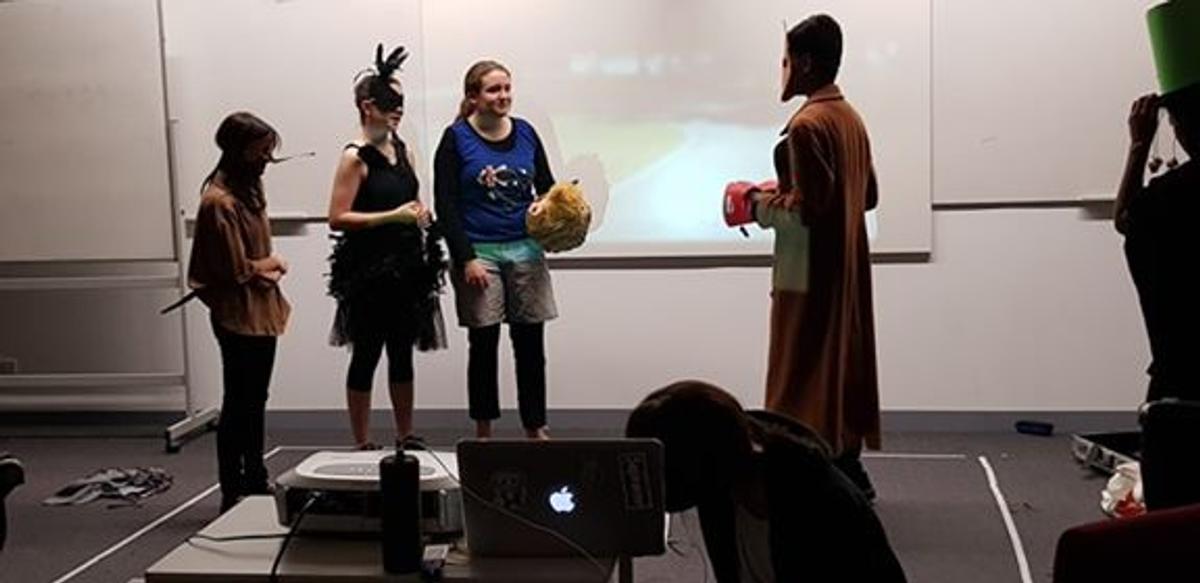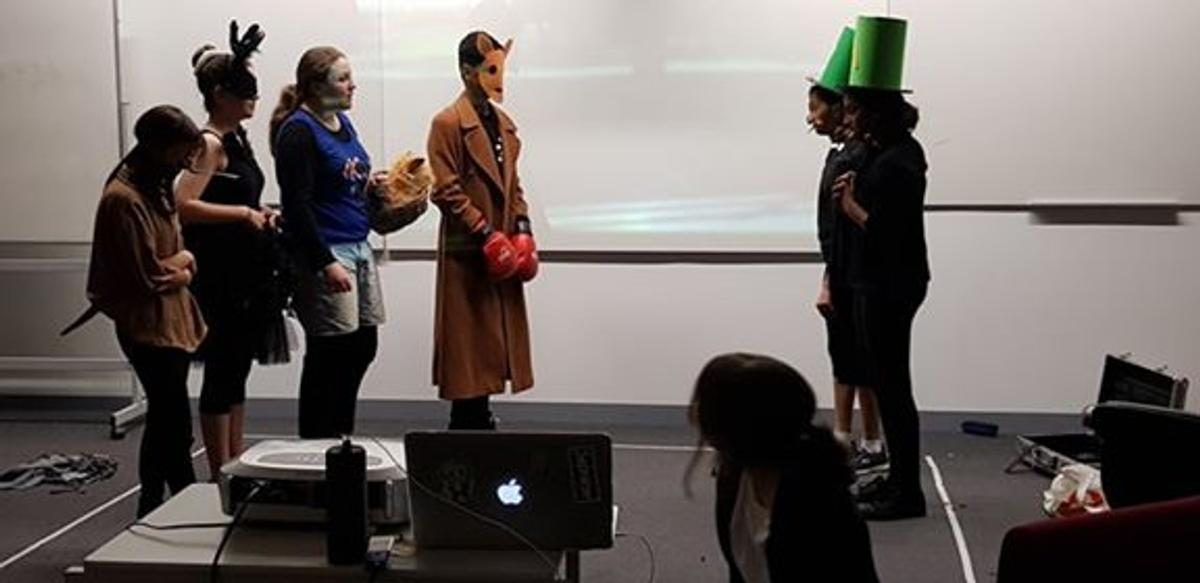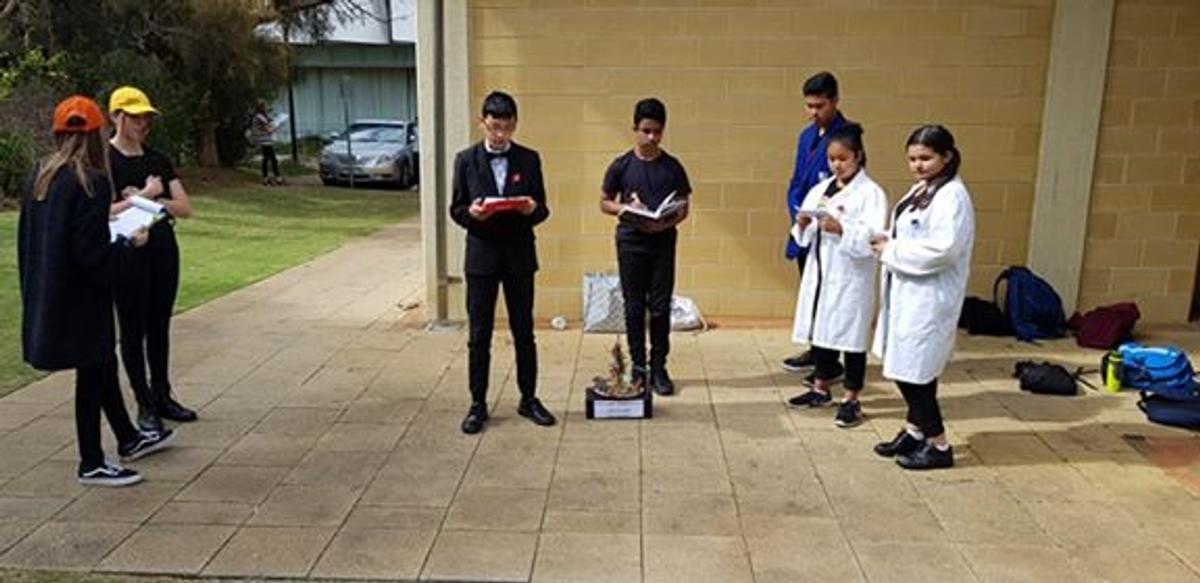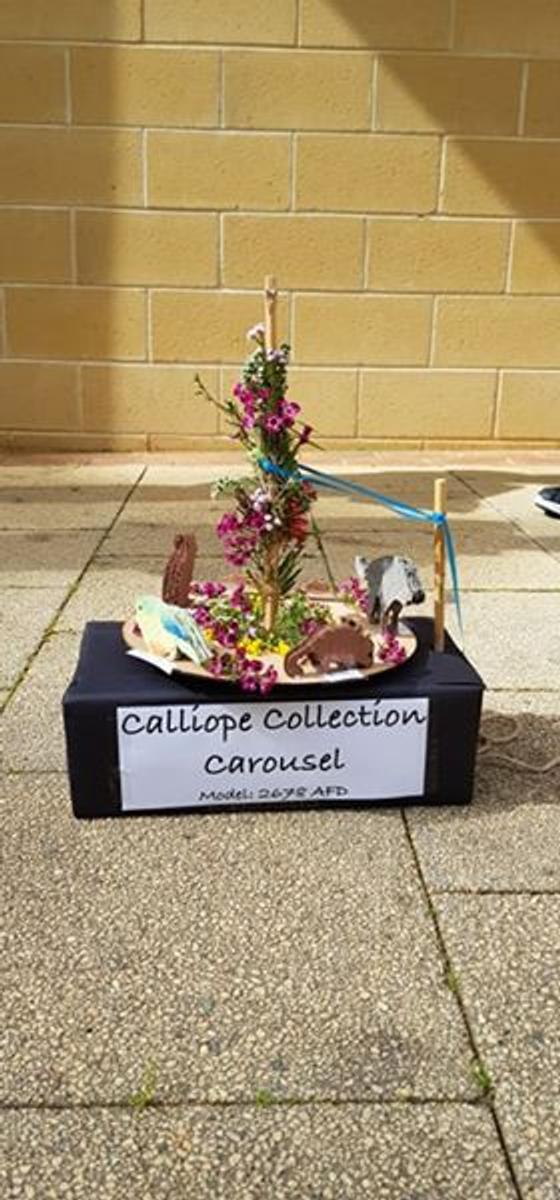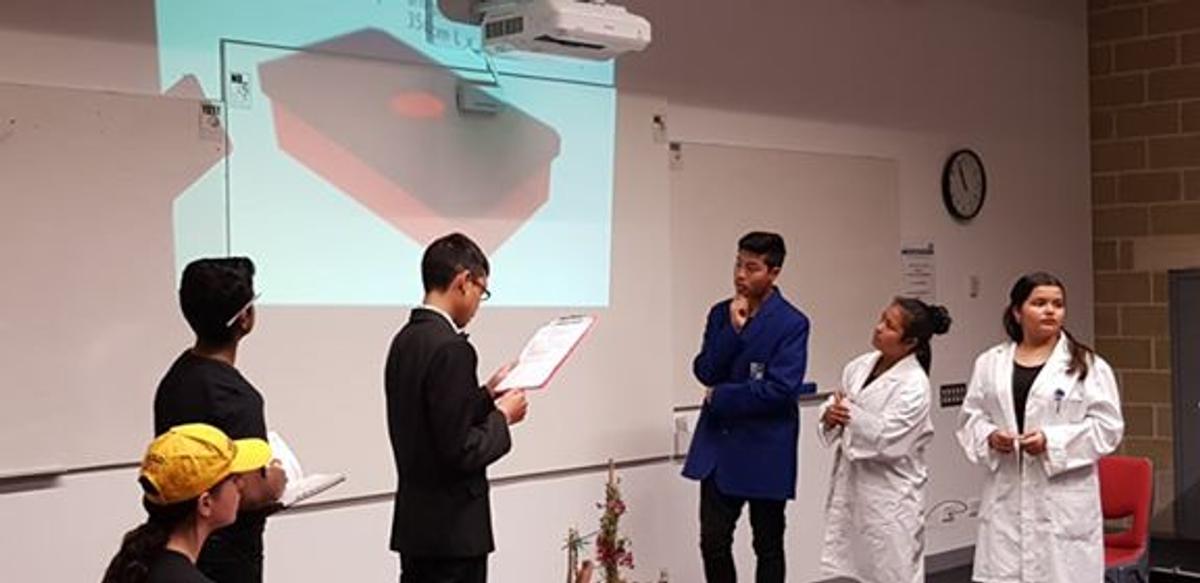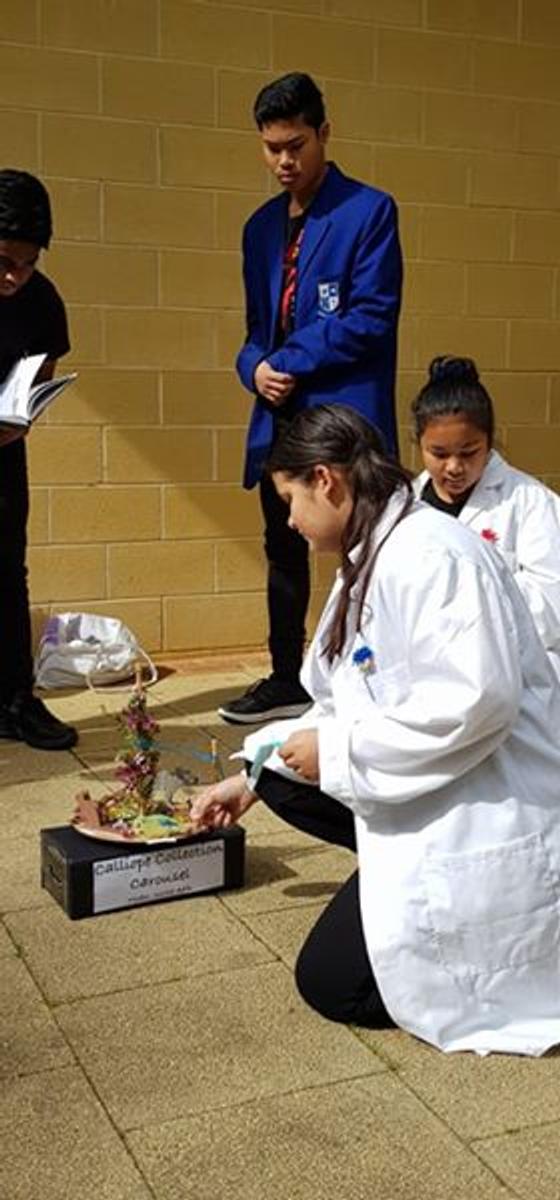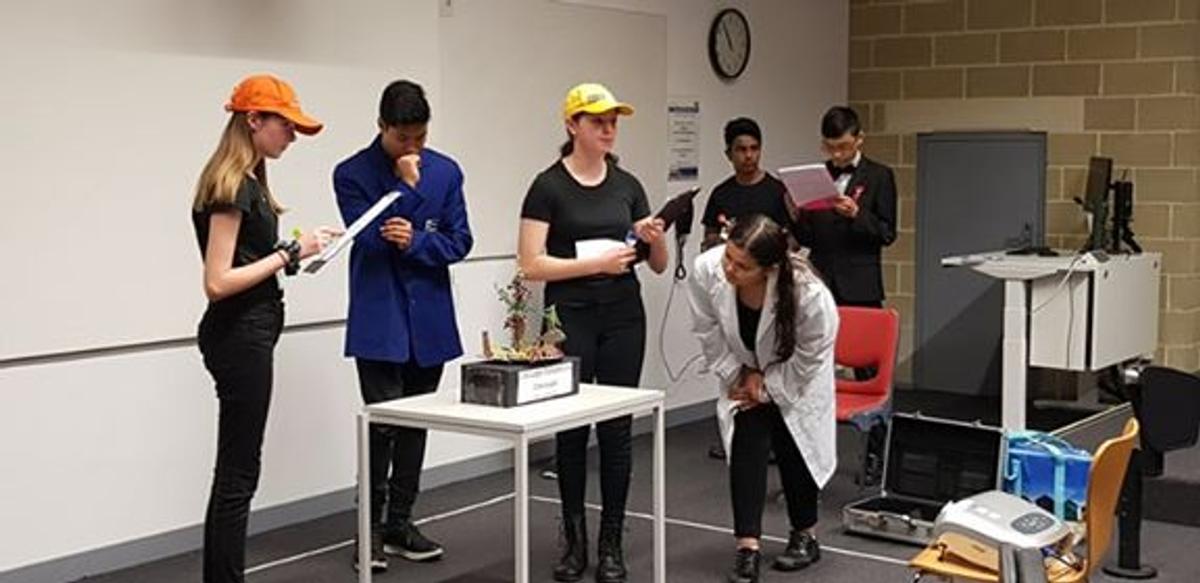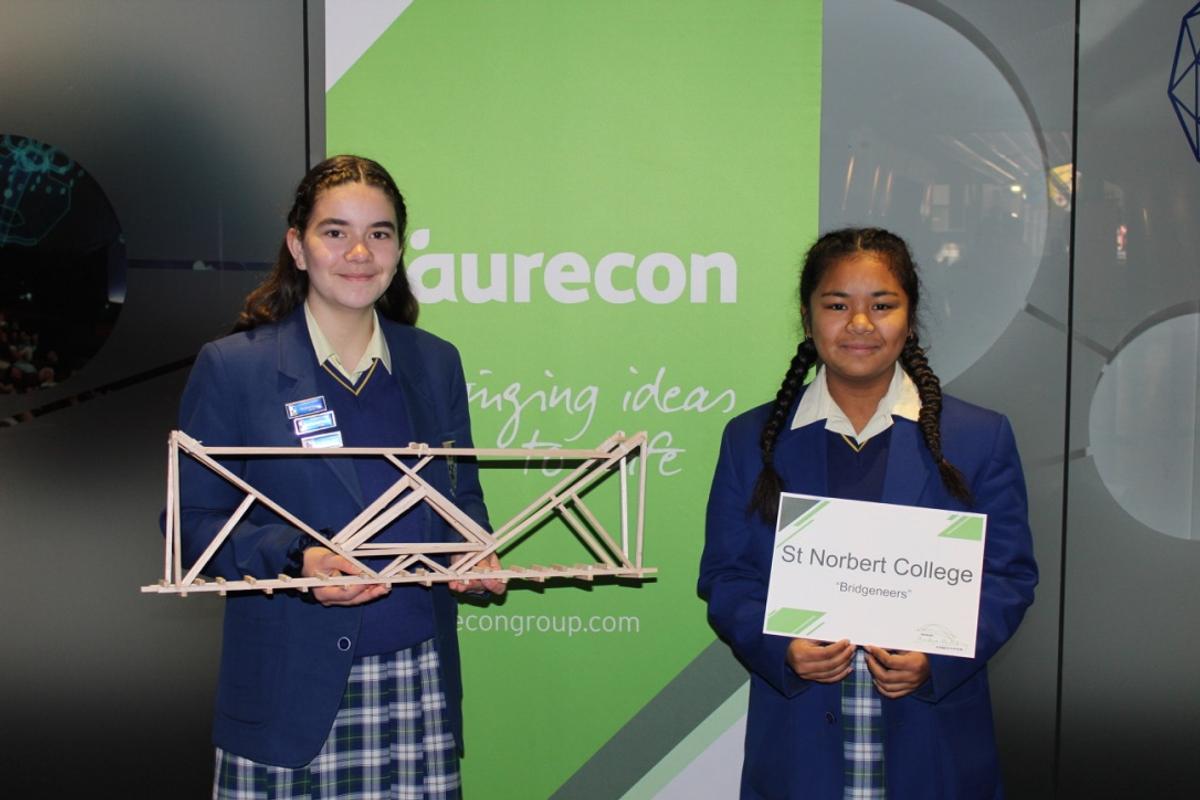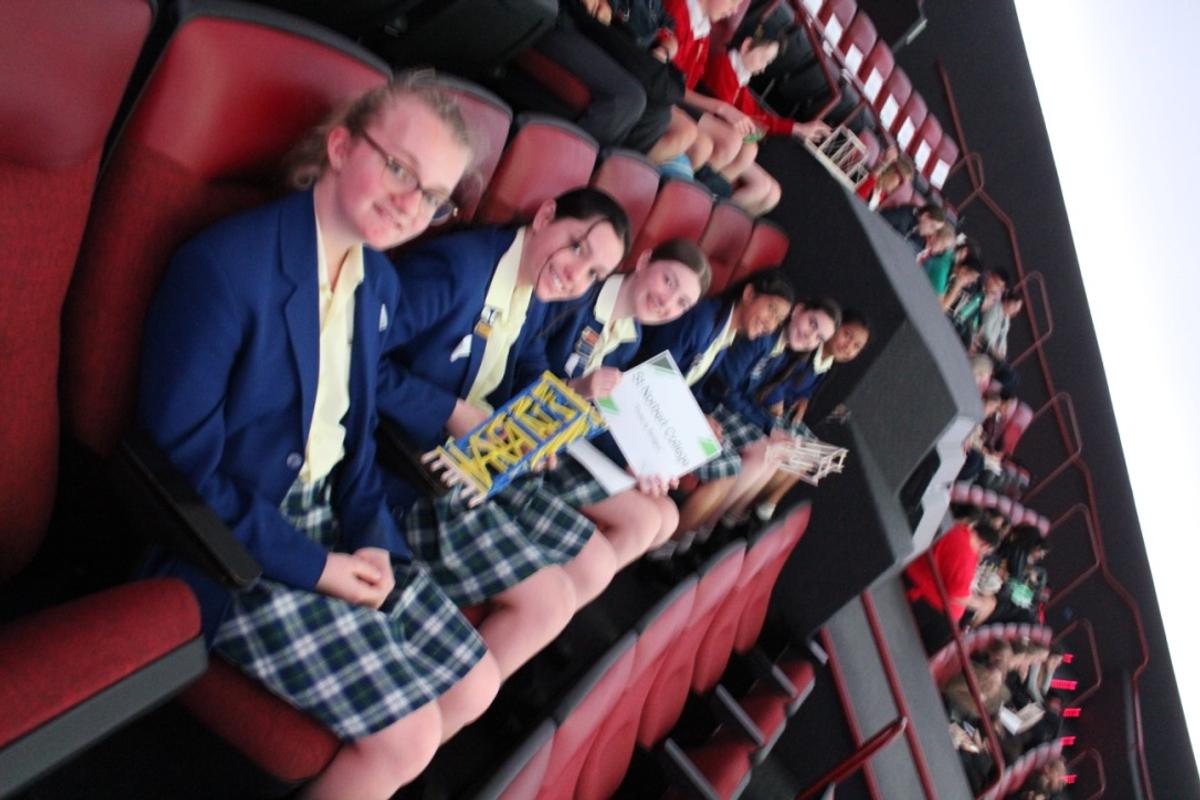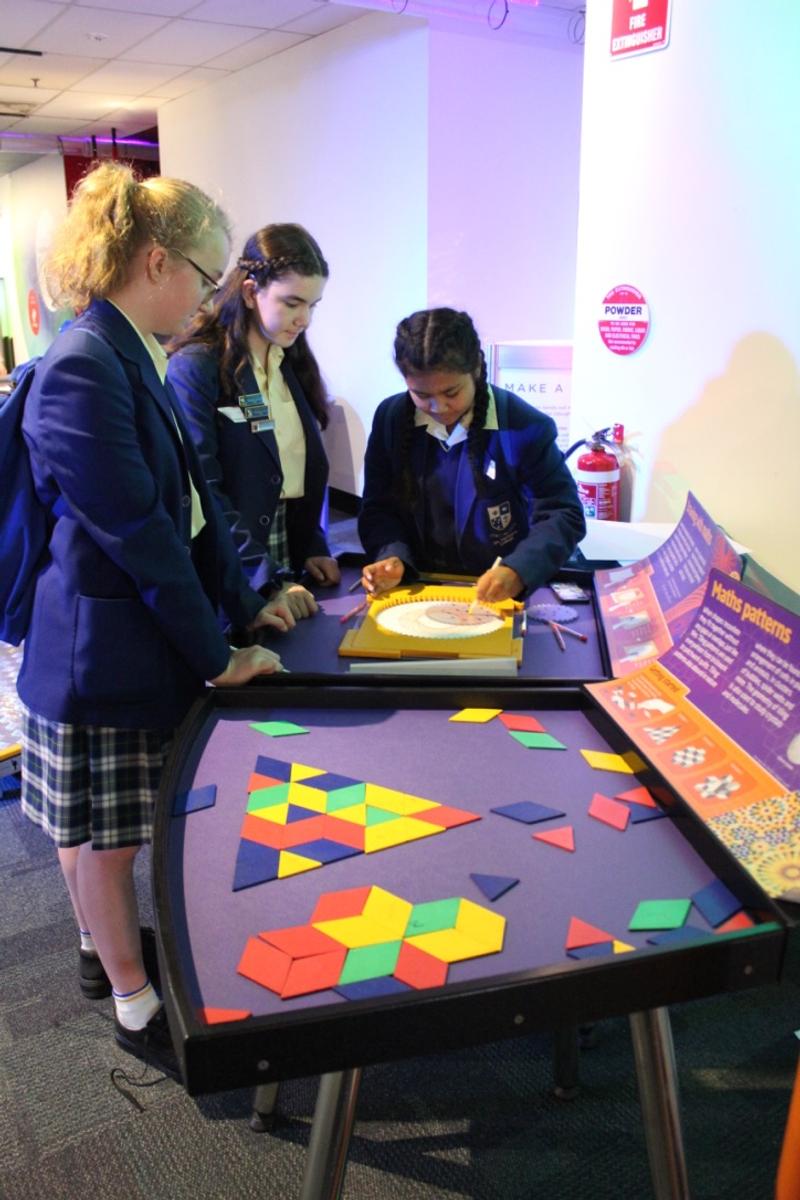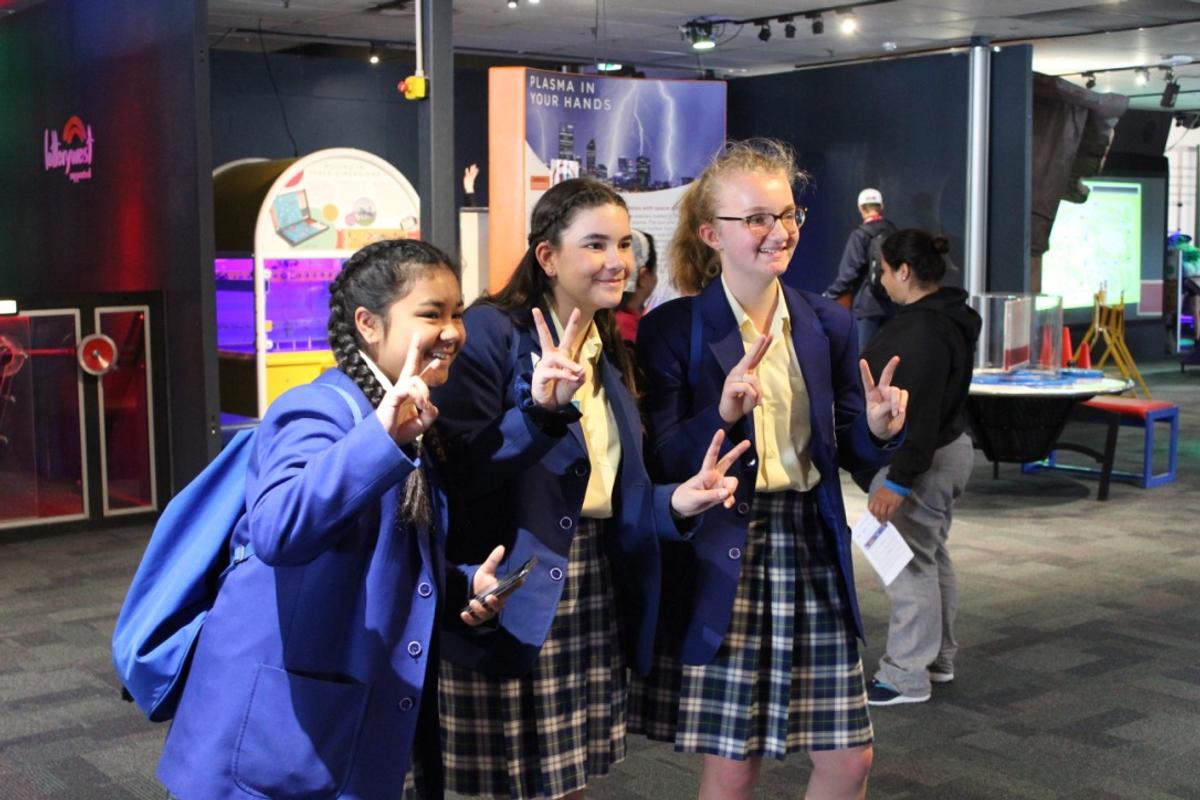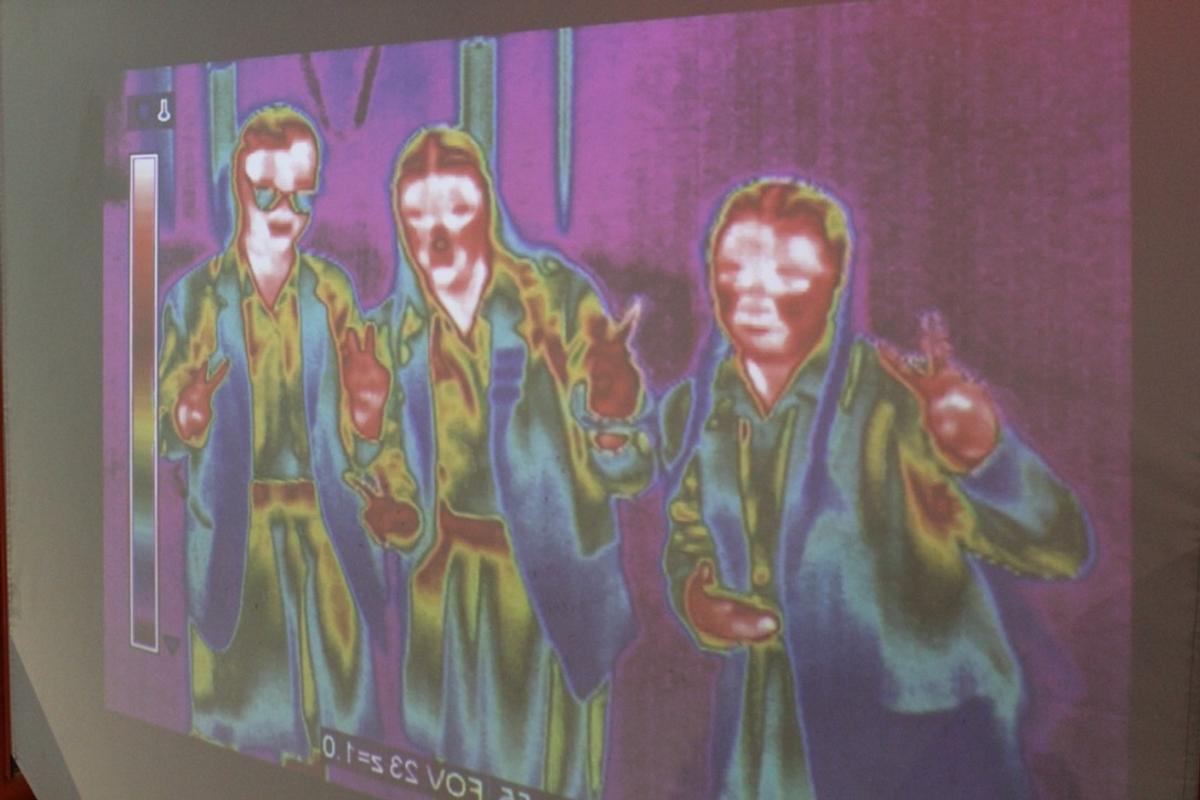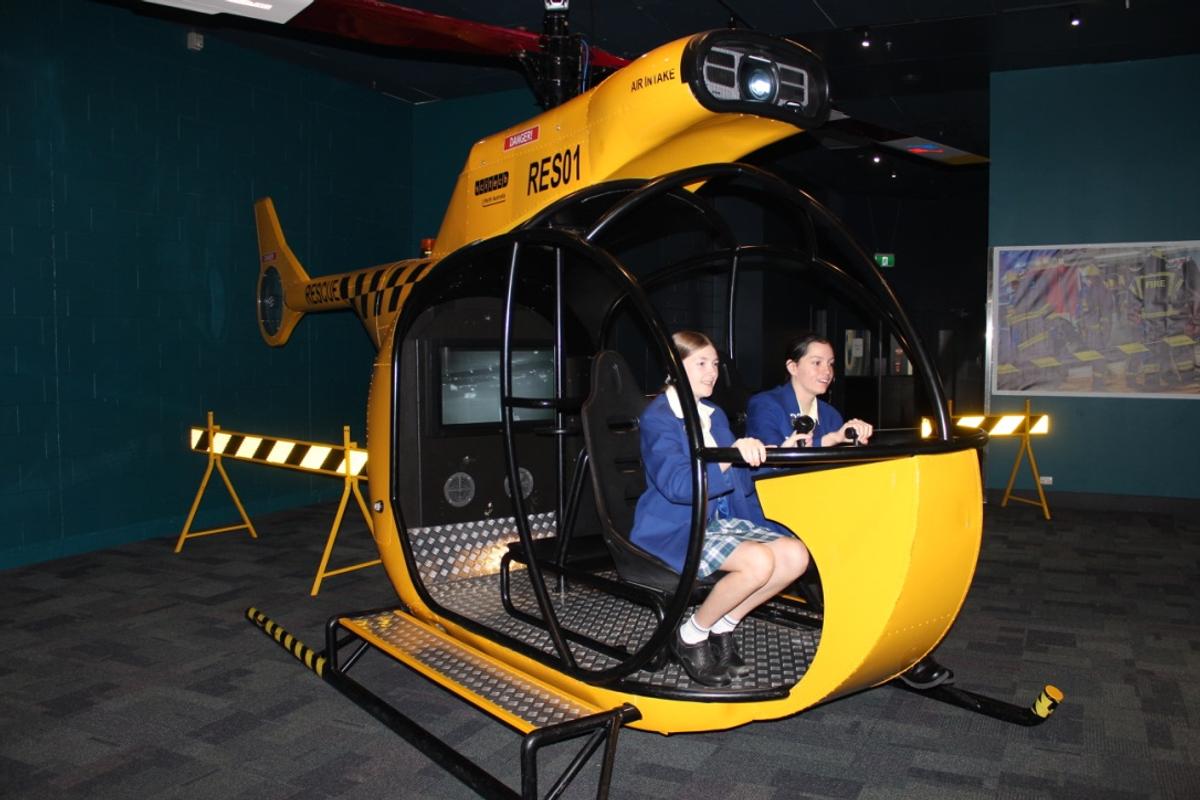Dean of Studies
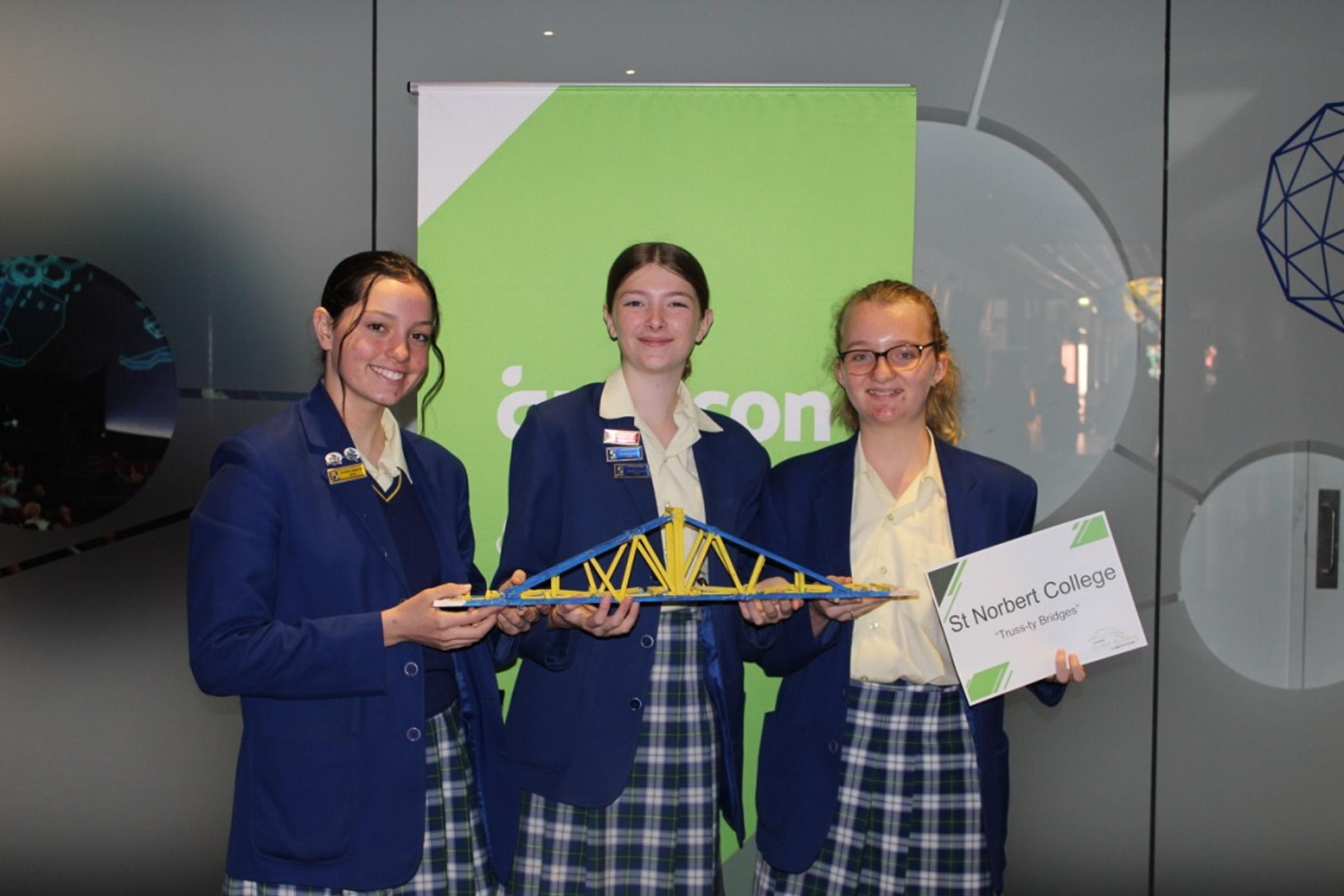
Deep Learning
Think about a topic that you know a lot about. A particular topic in science; a piano recital; a movie genre; the history of your favourite sports team. Can you produce facts that not many others would know? Could you consider yourself an expert on your particular topic?
Now think about the time it has taken for you to achieve mastery of either a particular skill or body of knowledge. It is unlikely that you became this expert in just a few days or weeks, or even months. When we deepen our knowledge about a topic, it often takes place over a significant period of time, as we develop and learn more about this topic and the nuances that others may gloss or skim over. This is often referred to as deep learning, and has enormous benefits for our intellectual development.
In a recent article* by Liz Mineo (“A recipe for how high schools can foster more analytical, critical, and creative thinking”), Jal Mehta, a Professor of Education at the Harvard University Graduate School of Education, was interviewed about deep learning and examined the role of teachers in leading students to deeper learning. Professor noted that for many schools:
“Students still experienced a lot of unchallenging instruction; they were doing a lot of worksheets and tasks that were pretty low level, where they were expected to memorise content and apply algorithms rather than analyse, synthesise and create.”
Schools understand that there is often a necessity to perform and master some of these "low-level'' tasks in order to build depth of knowledge and understanding. These low-level tasks can be mastered in a short time (often referred to as powerful learning), while deeper learning goes beyond the understanding of the surface features of a subject or discipline, but the underlying structures or ideas. For example, if we were talking in Science about a biological cell, shallow learning would be able to name the parts of the cell and powerful learning would be the ability to recall all these parts of the cell in a much shorter time-period. Deeper learning would be an ability to understand the functions of the cell and how they interrelate.
Professor Mehta also contends that deeper learning emerges from mastery, identity, and creativity. Through mastery we developing significant knowledge and skill, while identity is seeing yourself as connected to doing the work. The third element, creativity, is not just taking in knowledge but doing something in the field. According to Professor Mehta, when the three elements come together, it often yields deep learning.
For teachers to support deeper learning they need to be able to define a vision of instruction (the learning intentions for the lesson, “What will we aim to learn?”) and align this to the curriculum to be delivered. As a teacher organises the learning to match these, we create consistency in our learning experiences across classes and curriculum. Our ongoing challenge is to combine intellectually demanding learning that is also open, playful, and warm, as our best learning occurs where there is rigour and joy (enjoyment) of the learning.
For students, an openness and willingness for inquiry in subjects and interests can foster deep learning. A subject, topic or learning environment that captures their interest (including extra-curricular interests) leaves a student wanting to know more, and so begins their motivation and their pursuit of learning.
Professor Mehta makes a distinction between powerful learning and deep learning, noting that powerful learning can happen in an hour, but deep learning can only take place over a long period of time. It takes time to develop knowledge, skill, and mastery over a domain.
We must strive to avoid moving quickly across large loads of content, but rather find time to explore issues in more depth or examine things from more different angles. Learning should become more than, “What do I need to do to get an ‘A’ grade?”
I have often reflected on the example of my Year 11 History Teacher, and his ability to make history ‘come alive’, often imagining ourselves directly immersed in the Russian Revolution. Because of this I was able to look beyond seeing History as a boring subject of just facts and dates, and consequently, my love of history and current affairs has continued into adulthood. My Teacher taught me that history was essentially about interpretation and understanding of why major historical events happened. This fundamental question was a constant challenge in our assessments as we were continually asked, “But why?”
And so, we must aim to avoid false assumptions in learning at school of: 'Either they learn the content or it will be fun and interesting’, and ‘Either it will be rigorous or it will be relevant to the students’. Many of our students can master powerful learning in short periods of time, yet deep learning is something that they must be willing to invest time in, beyond timetabled lesson for a subject. If our students appreciate deep learning, they are motivated and will continue to develop multiple interests and mastery of a greater range of topics. And this is learning that adds meaning and purpose to becoming. “Prepared for all Good Works.”
(23 August 2019)
Academic Excellence
This term the students in Academic Excellence have been working to produce great results for the Tournament of Minds and Aurecon Bridge Building competitions. The students gathered at lunch times as well as attending sessions before and after school as part of their preparation. They demonstrated perseverance and dedication and are to be congratulated on their efforts. Here they write about their experiences.
Isabelle Cayoun (Arts Team Captain)
On Saturday 31 August, seven students attended the Tournament of Minds to participate in the Arts Competition. Our team consisted of Judyth Nawa, Aldrin Saji, Shelna Sony, Subriti Bhandari, Emma Pickering, Sharie Fernandez and Isabelle Cayoun.
The team enjoyed their time talking with each other as well as competing in two challenges. Although anxious upon arrival, we were able to practise before the first challenge started.
The ‘Long Challenge’ was to recreate the Wizard of Oz but set in Western Australia. This challenge involved choosing our yellow brick road and creating characters and obstacles that our characters would face. We had a lot of fun making a script, costumes, music and background scenes. Our performance in front of the judges was defined with a square, lined with tape in the middle of the stage, and once we stepped into the square that is when the play commenced. Everyone was nervous but we had remembered all our lines and did a great job performing.
After the performance we went to another building to participate in the, ‘Spontaneous Challenge’. This required us to answer a question presented by the judges in the most creative way possible. We were allowed five minutes to prepare before presenting. With answers spinning left and right, we gave it our best and have learned much from our experience.
Isabella Hulm (STEM Team Captain)
As part of the STEM category our team was required to build a working model of the CCC Machine which will carry the species through the DNA collection point. The team was required to create and place models of endangered species on the machine and demonstrate at least three complete full circuits or rotations. The carousel was required to carry at least five different endangered species simultaneously.
We also were required to justify the reasons for choosing each particular endangered species and why their DNA was to be collected, using plausible scientific research. Jonathon Le managed to create an outstanding ICT virtual model demonstrating how this machine could collect and store the DNA. The virtual model could also assist in the explanation of the mathematical calculations of how long it would take for all species on the current endangered list to be DNA sampled. We did very well in the Long Challenge, being judged on our dramatic performance, presentation of the model and scientific research.
Prior to the Long Challenge, we also participated in the Spontaneous Challenge, working as a team to present a creative answer with three minutes to prepare an answer to the unseen question and one minute to present. We were evaluated on our team work and creative response, and despite both teams not progressing to the state finals, we came away from the Tournament Of Minds with an enjoyable and enriching experience.
Emma Pickering and Sharie Fernandez
The Aurecon Bridge Building Competition held on Thursday 5 September at Scitech, City West, was attended by two teams representing St Norbert College among a total of 24 schools. Our team, the ‘Bridgeneers’ consisting of Chanelle Min, Emma Pickering and Sharie Fernandez, were competing in the afternoon and so we were able to explore the many activities at Scitech, including machines that would scan our shadows, allow us to speak from one point in the room to another and tunnels that would trick our brain into thinking we were falling.
We then entered the Planetarium where all the bridges were tested, using a machine which would weigh the bridge down until it broke. Our group constructed a truss bridge, comprised of triangles, and our final result was 11.4 kg. Overall, we enjoyed the day and gained a valuable learning experience.
Sophie Griffiths
The Aurecon Bridge Building Competition is a STEM challenge that required our team to construct an entire model bridge from a limited supply of balsa wood, glue and five metres of string. Our team were the ‘Truss-ty Bridges’ consisting of Isabella Hulm, Kelly McKie and myself constructed, 'Bridget', a triangular truss bridge painted yellow and blue (our school colours NOT that football team!). 'Bridget' took two weeks to build and every single day that we worked on her has been a worthwhile experience. ‘Bridget’ withstood an amazing 36.4kg of pressure, well above the average of 18kg. Although we watched two weeks of effort and work get broken, both teams had an amazing, enriching and positive experience and I'm looking forward to participating again next year.
Edith Cowan University – Achievement Awards 2019
Are you a current Year 12 student? Have you nominated ECU as your first preference in TISC? If the answer to both of these questions is ‘Yes’, you may be eligible to apply for the Edith Cowan Year 12 Achievement Award. This award is a one-off award of a $1000 gift card presented to the successful nominees who demonstrate academic achievement and a commitment to ECU’s core values of Integrity, Respect, Rational Enquiry and Personal Excellence. There are 40 awards available and interested students must contact Mr Dowling before the nomination closing date – Monday 30 September.
Elevate – Ace Your Exams
On Friday September 13, we again hosted the ‘Ace Your Exams’ seminar presented by Elevate Education. Presented over two sessions, the first for the Year 11 & 12 ATAR students and then for Year 10 (ATAR selected pathway) students, the aim of the seminar is to provide practical strategies for students as they approach the final stages of revision for examinations. The presenters were able to breakdown a schedule of tasks to complete in the months, weeks and days leading up to an exam, and draw upon their own recent experience of both senior secondary and university examination success.
Year 12 Examinations – Parent Assistance required
The College is seeking assistance with supervision of the Year 12 (Semester Two) Examinations during the upcoming holiday break. The examinations commence on Tuesday 1 October through to Wednesday 9 October, and are held in the Cappenburg Building. If you are able to assist, please contact Mrs Tracey Burgoyne at the College and indicate your availability for the following days:
Tuesday 1 October
Wednesday 2 October
Thursday 3 October
Friday 4 October
Monday 7 October
Tuesday 8 October
Wednesday 9 October | 8:45am – 12pm
8:45am – 12pm and/or 12:45pm – 4pm
8:45am – 12pm and/or 12:45pm – 4pm
8:45am – 12pm and/or 12:45pm – 4pm
8:45am – 12pm and/or 12:45pm – 4pm
8:45am – 12pm and/or 12:45pm – 4pm
8:45am – 12pm |
Mr R Dowling (Dean of Studies)


